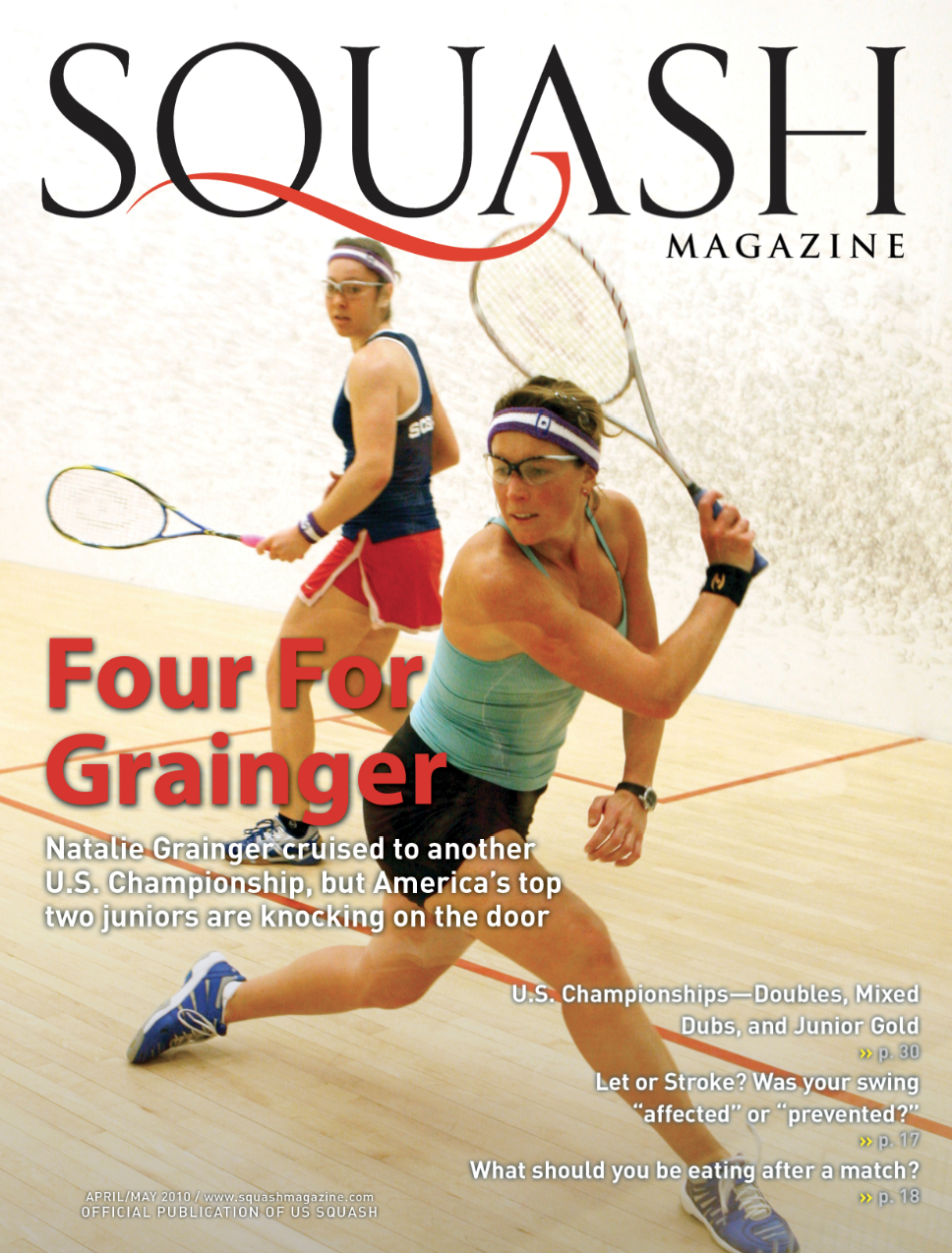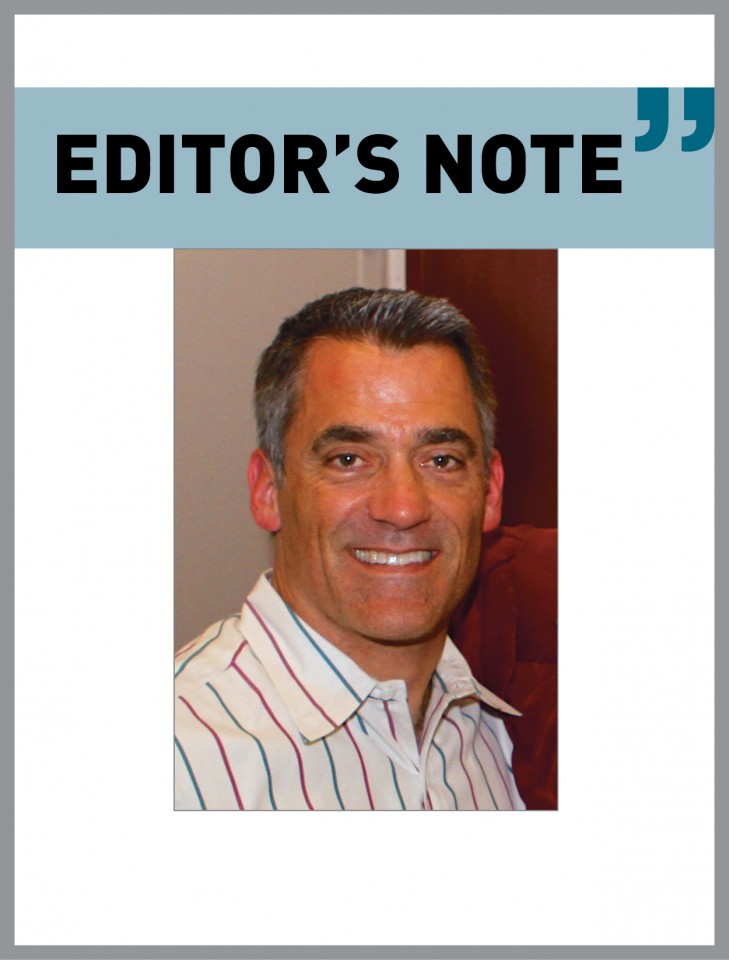By Jay D. Prince
One of the primary goals when putting together this magazine each month is to get our facts straight and to publish articles that are interesting to our readers. It’s not unusual to work with three, and sometimes as many as five, versions of a given story before we print and mail each issue. But sometimes we make mistakes that range from trivial to frustrating to, well, embarassing.
In our last issue, James Zug wrote an engaging and enlightening story about Trinity’s Baset Chaudhry. Check that, Baset Ashfaq. What? That’s right. One of the more interesting components of the story we had intended to print was a clarification of Baset’s correct name. But we blew it. Between my Design Director and me, our wires got crossed and we printed an early, rough and unproofed draft rather than the later finished version. The substance of the story that was supposed to be printed was little different, but the story explaining Baset’s name was spelled out, and the ending was not as abrupt. Instead of leaving you with the sense that Baset is forever stained with the incident at Yale, the last paragraph was supposed to be:
“Now perhaps the greatest player in intercollegiate history is walking away from the game without the applause he deserved. Again and again, Paul Assaiante said that this was a teachable moment. It has been for Baset Ashfaq. The question is whether it has been for the rest of intercollegiate squash.”
We have put the correct version of the story on our website (www.SquashMagazine.com) if you’d like to read it.
In the past, we have made errors like mis-identifying people in photos, or leaving something out of an issue that we had intended to print. In the Baset story, Zug also left Peter Briggs off the list of intercollegiate players with five or more national titles. But the mistaken version of the Baset story bothered me more than most. Why? Because Baset is a good person who made a mistake in a big match, and just when a sense of normalcy was returning to his daily life, the magazine came out, bringing the whole thing back to life. Paul Assaiante, Trinity’s long-time coach and mentor, has spent more time putting out fires over the incident at Yale than at any other time in his coaching life. Baset and the rest of the Trinity team should have been celebrating their incredible 12-year run atop the intercollegiate sports world.
Zug, who has been working closely with Assaiante on a book chronicling the Trinity story, spent many sleepless nights trying to figure out how he was going to keep moving forward with the book and overcoming the anger felt by the Trinity team.
It is my sincere hope that this story ultimately finds its proper perspective in the lives of those affected by it. In the aftermath of the screaming incident at Yale, I emailed ESPN, taking them to task for making a mockery of the moment when one of their televised programs aired an “analysis” by a former football player who clearly knew nothing about the sport of squash.
Intercollegiate squash is a fantastic part of our game. Passions run high, both among the players and the fans. Sometimes those passions get out of hand, including scathing anonymous posts online taking cheap shots at Baset. He knows he made a mistake, as does the rest of his team and his coach. But unlike so many things we hear about in sports, no punches were thrown, no bench-clearing brawls took place, and nobody wound up in jail. While that doesn’t make what happened okay, it does provide that perspective I alluded to earlier.
So like what happened at Yale, errors like this provide teaching moments for me and my tiny staff. I made the mistake of assuming my designer was working with the correct version of the story that I had sent to him. Interestingly, I received just one Letter complaining about the ending of the story that we printed. The writer of that letter was right on with his comment. Baset Ashfaq should be able to walk away from intercollegiate squash with his head up, a six-time national champion.




